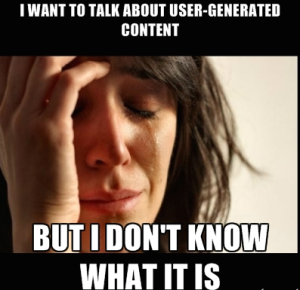You’re (probably) a marketing student, what do you think you could do with a $0 marketing budget?
I sat down for a brainstorm of what I would be able to do as a digital marketer with no budget and came up with a small list of things I believe could be accomplished.
1. Have an idea
Use your creativity and your skills as a marketer to create an idea that will make an impact. Anyone can sit down with a pen and paper to map out an idea. You might be thinking of a new innovation, a way to connect, a way to make a statement. All of the advertisements and competitions and posts used by digital marketers come from somewhere, the mind.
2. Make use of social media
If you’re currently operating on $0 you can hold off on establishing your $30,000 website and just utilise social media. Facebook, Instagram, Pintrest, all of these platforms can help you launch your product or your message. If you have the right idea, and if you have the right message, you can put it out onto the web free of charge.
3. Undertake research
You don’t need a hefty research grant to go out and gain some information. The online world is a never ending source of valuable information. A simple google search can turn up academically backed opinions, verified statistics, proposed theories, and a multitudes of other valuable material . Secondary data always comes before primary data, go and see what you can find.
4. Engage with an audience
If you can’t find a way to engage online with an audience, you’re not a very good digital marketer. Use your ideas, use your social media platforms, use your research and engage! Ask questions, provoke thought, be responsive and capture your audiences interest and attention. You should know how, we’ve been doing it all semester.
You might think that digital marketing activities require money and budgets, sometimes all you need is your own head. Use it.
What else do you think can be accomplished?
– Todd




